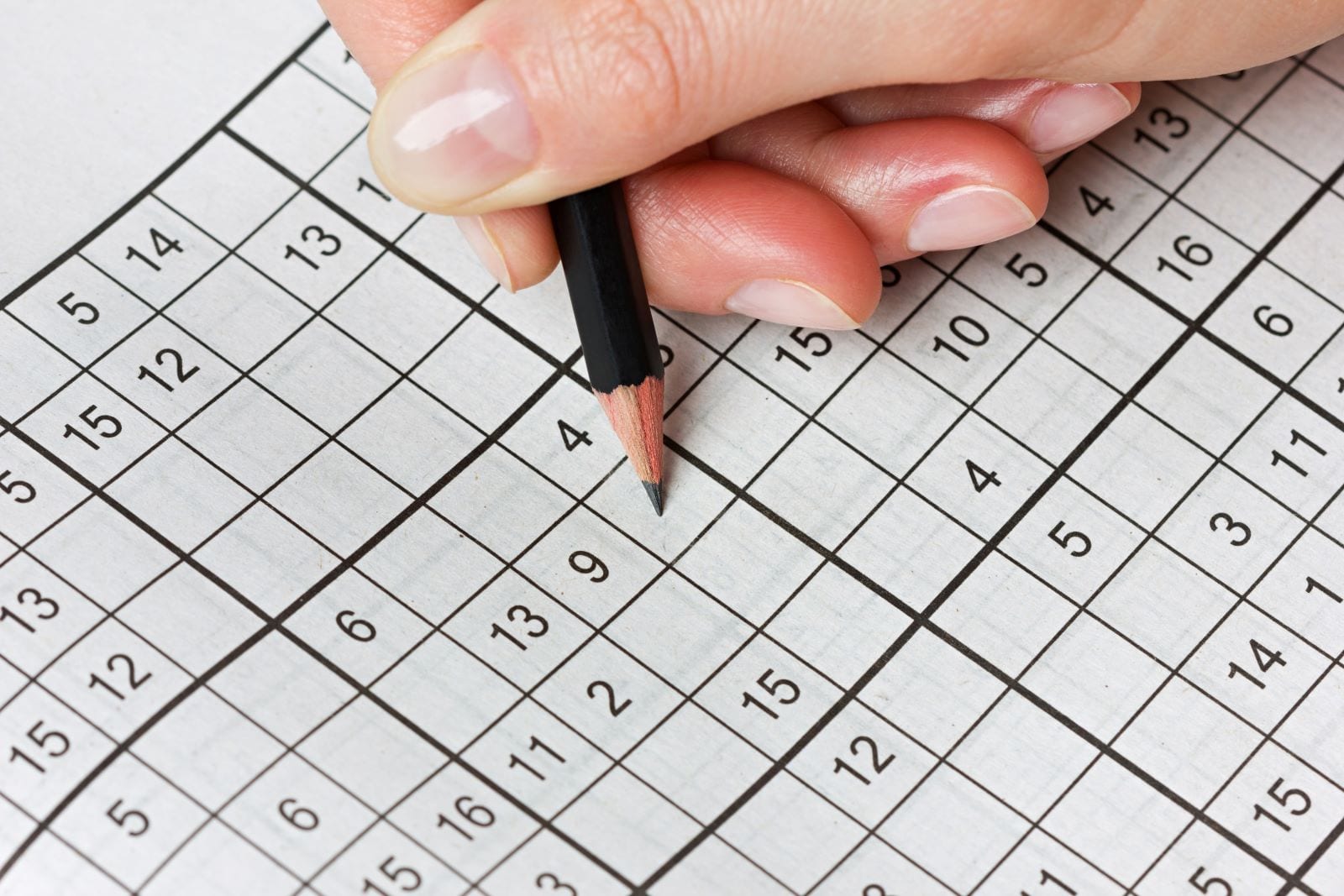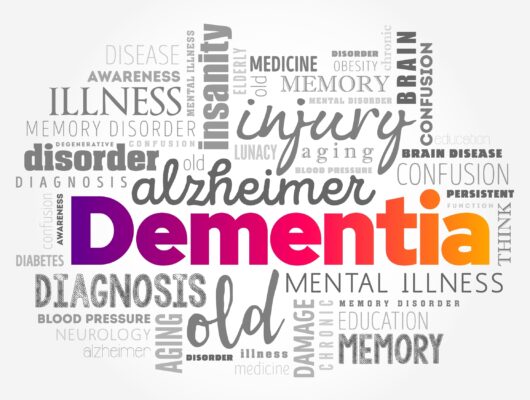

Keeping your brain fit is as important as keeping your body fit. And as we age, and our cognition speed slowly declines, the care and feeding of the brain should become a regular part of our routines.
Where to start? The RVNAhealth Rehabilitation team uses cognitive exercises to help patients recovering from strokes or neurological events, and memory games for patients with dementia. We caught up with two members of the team, Speech Therapist Cheryl Rafferty, MS, CCC-SLP and Occupational Therapist Theresa Swift, OT/L, for ideas that we can all apply in our day-to-day lives. Their advice includes:
Read: Processing information while you read requires a lot of mental stimulation.
Play Sudoku: These number puzzles are valuable because they force you to problem-solve, sequence and remember. (More brain-training games here).
Let your brain do the work: To keep her brain from getting lazy, Swift forces herself to figure out the routes to her patients’ houses before she plugs their addresses into GPS.
Follow a healthy diet: Aim for a diet rich in antioxidants and whole, real (versus processed) food.
Maintain social connections: Social situations and relationships are nuanced and require our brains to engage multiple neural networks.
When all else fails, dance: Rafferty says that when you dance – ballroom dancing, in particular – the brain has to make split-second decisions. Just don’t fall down!
Investing in your brain is always a good idea – but should be a priority by the time you are in your 40s or 50s, says Rafferty. “Because 20 years later, what you did – or did not do – will affect you.”
Learn more about RVNAhealth Rehabilitation Programs & Therapies.





